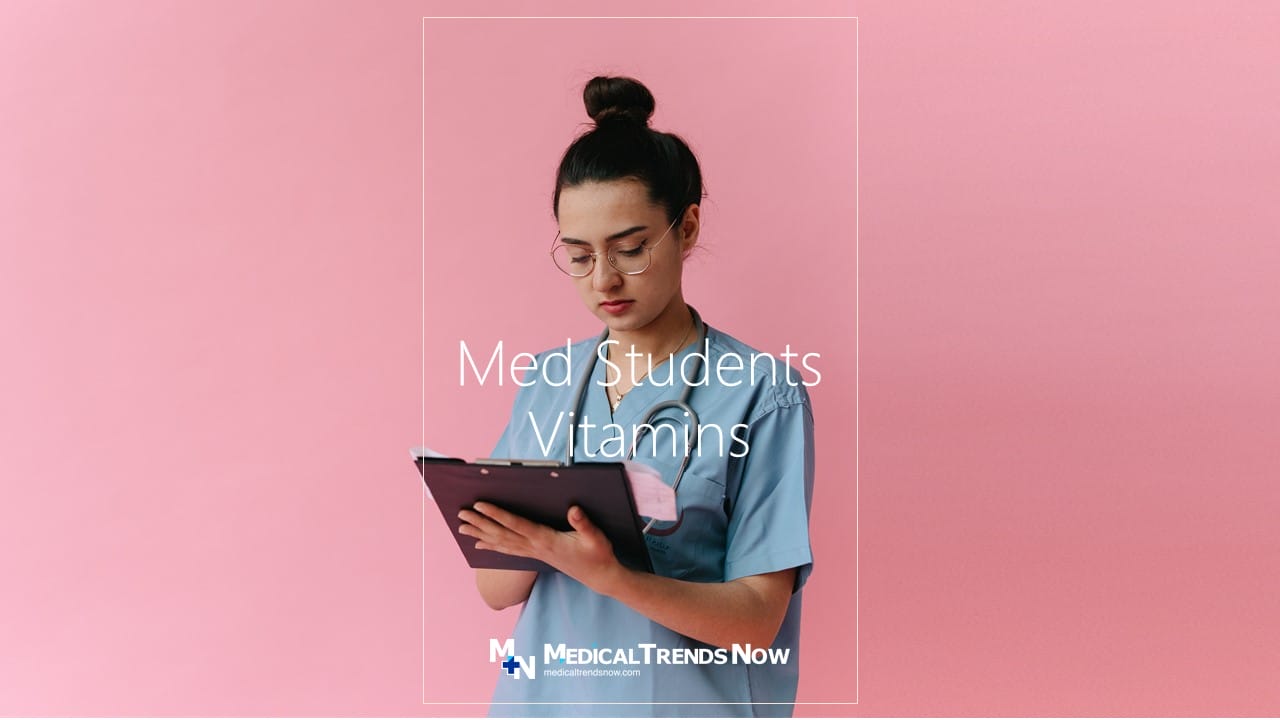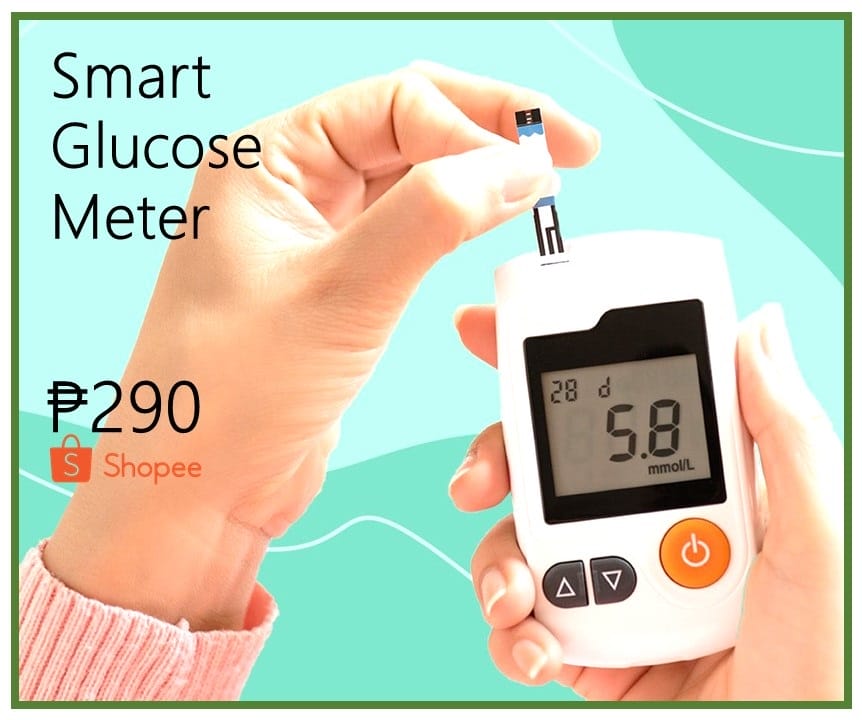Table of Contents
Medical students are often under a lot of stress. If students do not have the luxury of eating the right nutritional food, then vitamins and supplements can help improve their energy levels, concentration, and overall well-being.
It is no secret that studying and training to become a doctor can be difficult. The work is often long, and the hours are often long as well. This means that med students need to make sure they are taking care of themselves both physically and mentally in order to succeed.
One way to do this is by making sure that you are taking the best vitamins and supplements for pre-med and medical students.
Benefits of Vitamins and Supplements
Many students are interested in taking vitamins and supplements for their health and well-being. Vitamins and supplements can provide many benefits, including reducing the risk of certain diseases, boosting the immune system, improving moods and cognitive function, and helping to maintain a healthy weight. It is essential to be aware of the potential side effects of taking too many vitamins or supplements, as well as to talk to a doctor before starting any new supplement regimen.
Medical students need vitamins and supplements to help them stay healthy while in school and while practicing medicine. Vitamins and supplements can help the body to absorb nutrients, protect against infections, and promote overall health.
Pre-med students are constantly on the go and need to be sure they are getting all the nutrients they need to stay healthy. Vitamins and supplements can help make sure that happens. Some of the vitamins and supplements that medical students need include:
Medical students need vitamins and supplements to help them stay healthy while studying long hours and working hard. Many of the essential nutrients for a healthy body are not found in typical diets, so medical students need to supplement their diet with specific vitamins and minerals.
Study All Night, Vitamins and Supplements All Day
Medical students often study all night because they want to be the best physicians possible. They know that if they are able to learn and retain information, they will be able to help patients in need.
Medical school is one of the most complex and challenging academic programs a person can undertake. The sheer number of hours required to complete the program and the rigorous coursework and exams can be overwhelming for even the most determined students. Additionally, medical school is often considered a “step-up” in terms of difficulty from other undergraduate programs. This means that many students who are successful in completing medical school may find themselves facing even more challenges once they enter residency or practice medicine. Vitamins and supplements can help students to be in their prime.
Stressful Med School: Vitamins and Supplements to the Rescue
Medical school is a very stressful experience. Students are constantly under pressure to perform well in class and meet deadlines. They also have to deal with the stress of competition for positions in medical schools and the pressure to find a job after graduation.
Medical students experience a variety of problems during their time in medical school, some more common than others. One of the most common problems is difficulty with concentration and focus. This can be due to a number of factors, including lack of sleep, stress, and boredom. Other common problems include difficulty with learning new material, forgetting information, and having trouble staying on track. Vitamins and supplements are a great way to boost their health.
Top Vitamins and Supplements for Med Students
Here are the best Vitamins and Supplements for nursing, physical therapy, optometry, dental, pharmacy, medical technology, radiologic technology, pre-med, and medical students.
Vitamin E
Vitamin E is a nutrient that is essential for the health of the body. It helps to maintain cell membrane function and helps to protect against oxidative damage. Vitamin E is also necessary for the production of red blood cells and nerve cells.
In addition, vitamin E can help to prevent heart disease, stroke, and some forms of cancer. While there are many different types of vitamin E supplements available on the market, it is crucial to speak with a healthcare professional before taking any kind of vitamin E supplement.
Vitamin D
Medical students are at an increased risk for vitamin D deficiency due to a lack of sun exposure and the use of sunscreen. Vitamin D is essential for bone health and can help reduce the risk of various medical conditions, including cancer.
A daily supplement of 400 IU (international units) or more is recommended for most adults, but many medical students may not get enough sun exposure or sunscreen to meet their needs. A vitamin D supplement can help increase your intake of sunlight and reduce your risk for deficiency.
Beta-Carotene
Beta-carotene is a precursor to vitamin A, which is essential for the body’s health. It can help to prevent some types of cancer and may also improve vision. Some people take beta-carotene vitamins and supplements to increase their intake of this vital nutrient.
It is also sometimes recommended for people who are overweight or obese because it can help them lose weight.
Omega-3 Fatty Acids
Omega-3 fatty acids are essential for the maintenance of heart health and cognitive function. They are also crucial for the prevention of chronic diseases, including cancer. Some medical students may be deficient in omega-3 fatty acids, which can lead to health problems.
There are many vitamins and supplements and foods that contain omega-3 fatty acids, so it is important to talk with a doctor or nutritionist about what is best for you.
B12
Medical students are often deficient in B12, which can lead to fatigue, headaches, and poor memory.
A B12 supplement can help to address these issues.
Iron
Iron supplements are often recommended for people who are anemic, as iron can help to boost the number of red blood cells in the body.
Iron vitamins and supplements can also be helpful for people who have low levels of iron in their blood and for pregnant women. Some people use iron supplements to improve their cognitive function.
Zinc
Zinc is an essential mineral for healthy skin, hair, and nails. It is also crucial for immune system function, blood sugar control, and reproductive health. A lack of zinc can lead to a decrease in muscle strength and function, poor wound healing, and a higher risk of infection.
Since zinc is needed by the body in small amounts, it’s important to get it from food or vitamins, and supplements. The recommended daily allowance (RDA) for zinc is 11 mg per day for adults. The RDA for zinc for pregnant women is 18 mg per day. Zinc can be found in many foods such as oysters, beef, poultry, legumes (beans), nuts, and seeds. However, the best way to get zinc is to take vitamins and supplements.
Vitamin C
Vitamin C is essential for the body and is known to be beneficial for a variety of health conditions. Medical students are recommended to consume around 60mg-100mg of vitamin C daily, as this level is thought to be adequate for general health.
Additionally, research suggests that taking supplemental vitamin C may help improve cognitive function and ward off colds and other respiratory infections.
Takeaway: Vitamins and Supplements for in Med School
Medical students need to eat nutritional food to stay healthy during their med school years. But if proper food is unavailable, vitamins and supplements can help them stay healthy and perform their best. Vitamins are essential for the body to function properly, and many medical students rely on supplements to help them meet their daily nutritional needs.
While there is no one-size-fits-all approach to taking vitamins and supplements, a good diet, eating proper nutritious food, and regular exercise are still the best way that can help ensure medical students get the nutrients they need.














